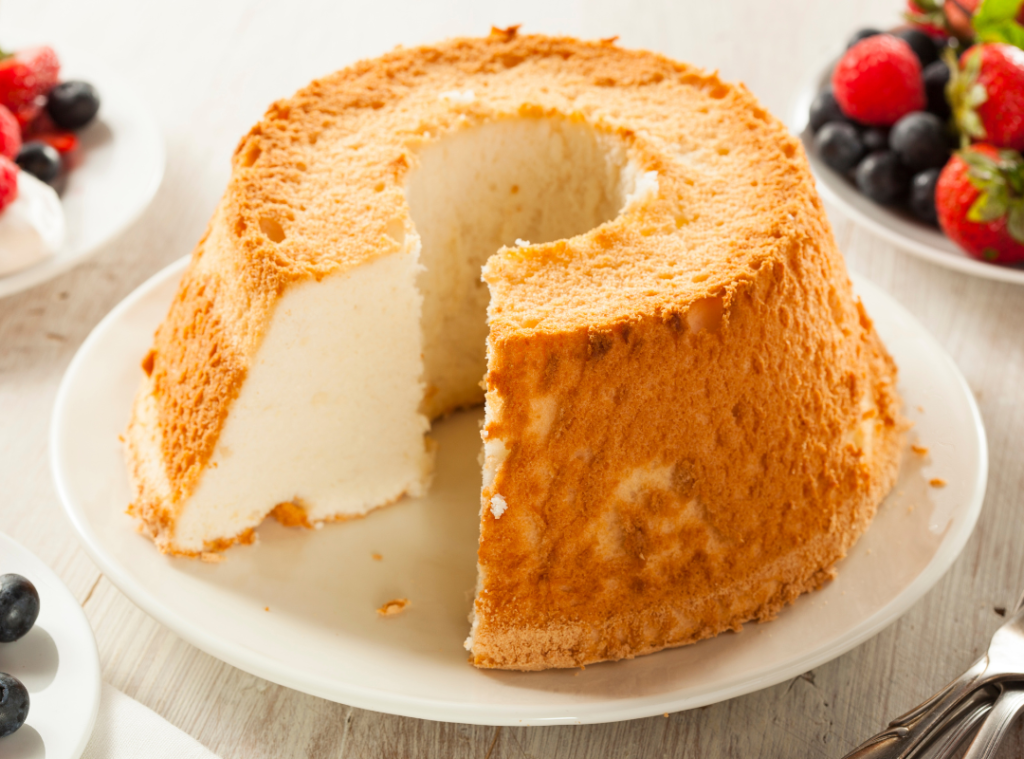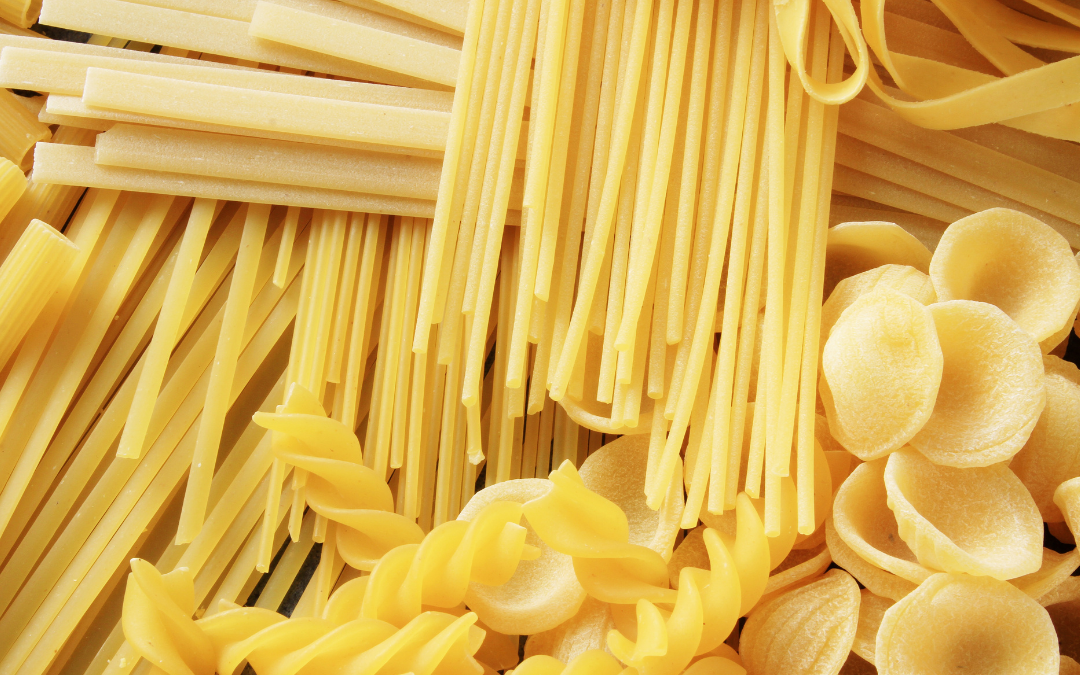What is Mono-Di Glyceride?
Glycerol monostearate or mono-di glyceride (GMS) is a type of emulsifier. Emulsifiers act as a mediator between water and oil. Glycerol monostearate is used as an emulsifier in environments where both water and fat phases are present. Mono-di glycerides are produced in a white powder form. This substance is a combination of natural and synthetic oils and fats and has a mild but distinct odor.
Mono-di glycerides are typically classified as emulsifiers that facilitate the mixing of ingredients, prevent separation, reduce stickiness, control crystallization, help products dissolve more easily, and contribute to the overall stability of the product.
Packaging: 25 kg bag
CAS NO: 31566-31-1
Formula: C21H42O4

Uses of Mono-Di Glycerides:
One of the primary applications of this additive is in the food industry, where it improves the quality of food products. This powder is most commonly used in baking, as it contributes to a softer texture and longer shelf life, delaying the staling process of bread. Mono-di glycerides prevent food products from sticking together during production, avoiding adhesion to manufacturing equipment, and reducing the stickiness of dough in the production of pasta and noodles.
Mono-di glycerides are used to enhance the quality of chewing gum and prevent gum from sticking to tooth enamel. They are also utilized in products such as peanut butter, whipped creams, margarine, various sauces, and mayonnaise.
In ice cream and cake production, this substance helps maintain the integrity and stability of the ingredients used together, resulting in a soft texture and stable structure in these two products. Mono-di glycerides are a type of fat, and their addition to food products significantly increases the fat content. They are used in meat products, various sausages, and cold cuts.
Additionally, this substance finds applications in other products such as pizza cheese, certain frozen foods, walnut butter, various cookies, biscuits, croissants, and more.


